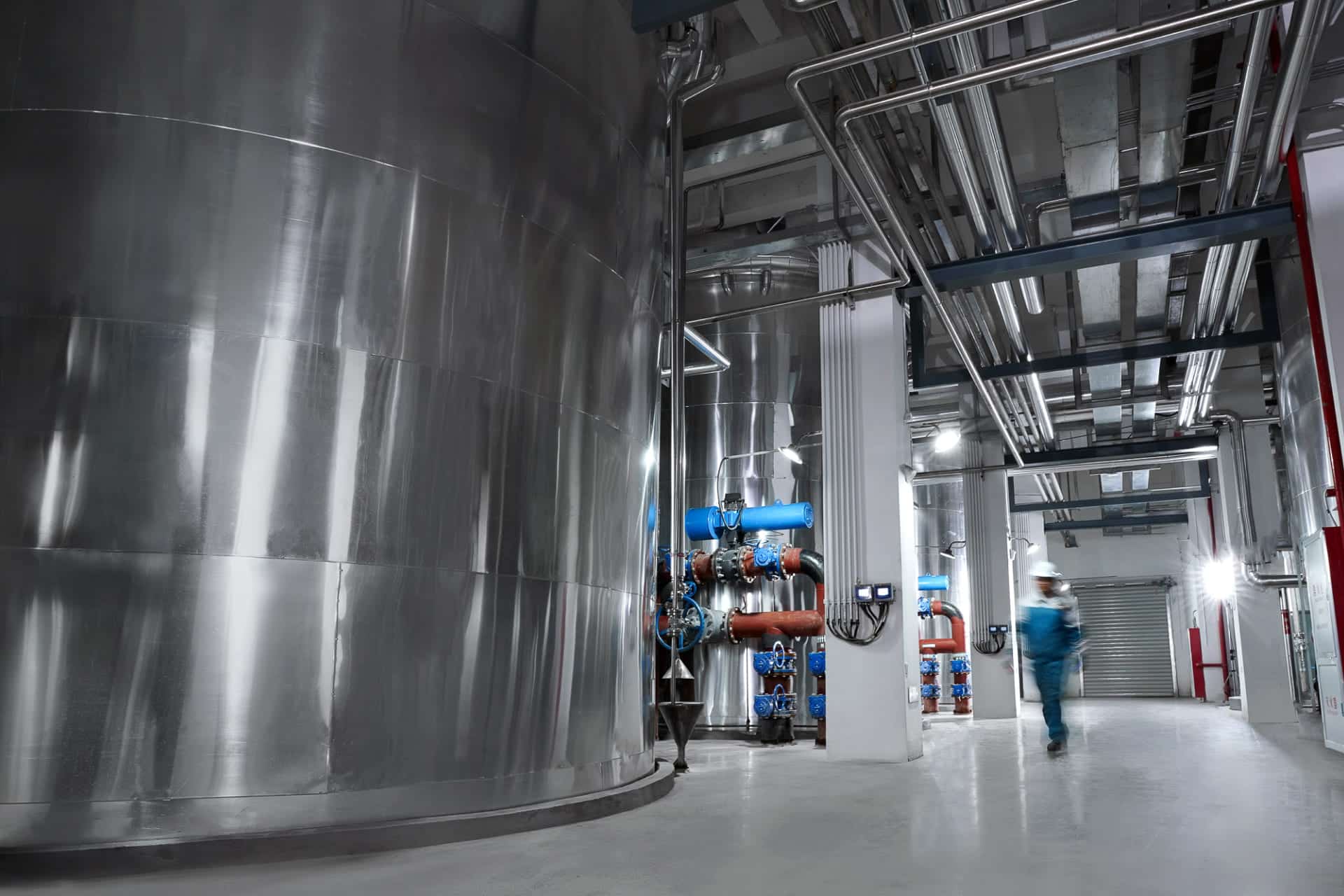PHA for the Automotive Industry
PHA is a promising bioplastic for the automotive industry. This biodegradable material, produced by fermentation of renewable sources, meets the durability and performance requirements for vehicles. As an eco-friendly plastic, it is favoured by industries looking to reduce their environmental impact, while guaranteeing high-quality components.

Integrating PHA in Car Manufacture: The Challenge
Despite its many advantages, integrating PHA into car manufacturing represents a challenge. Indeed, this material requires technological adaptations to fit into current production lines. The associated costs and its adaptability mean that it is still a product undergoing development. We’ll keep you posted.
What is PHA and Why is it of Interest to the Automotive Industry?
Origin and Composition of PHA: A Biosourced and Biodegradable Material
PHA is produced by microbial fermentation. Micro-organisms produce this polymer by breaking down renewable organic matter, using it as a source of energy. Unlike conventional plastics, PHA is fully biodegradable in marine and terrestrial environments, reducing the negative environmental impact of its industrial applications .
PHA’s Performance in the Automotive Industry
PHA’s properties are comparable to those of traditional plastics. It offers great flexibility, heat resistance and adaptability to mass production processes. These qualities make it a viable option for the manufacture of :
- automotive components
- instrument panels
- electronic components
- insulating materials
- door trim
The Environmental Benefits of PHA for the Automotive Industry
Plastic pollution is a major issue for the automotive sector. It represents huge quantities of polluting polymer materials. PHA provides a sustainable solution to this situation, contributing to the objectives of reducing plastic waste.
PHA: A Material that Biodegrades in all Conditions
PHA is capable of breaking down naturally, whatever the environment. This particularity significantly reduces its environmental impact. The use of PHA could therefore decrease plastic pollution, a major problem for the planet and for industry. These biodegradable materials come just at the right time.
Contributing to CO2 Emission Reduction Targets
By replacing certain plastic components with PHA, manufacturers are reducing their carbon footprint. PHA, which is derived from renewable raw materials, requires less energy to produce than petroleum-based plastics. It uses less energy at source and produces less waste at the end of its life. It is estimated that the carbon footprint of PHA can be in the region of 1.5 to 3 kg of CO2 equivalent per kilogram of PHA produced. By comparison, conventional (petroleum-based) plastics have an average carbon footprint of 2 to 3.5 kg of CO2 per kilogram.
Case Studies: PHA Applications in car Manufacturing
PHA Door Trim and Interior Parts
Some manufacturers are testing door linings made from PHA. This material reduces vehicle weight and, consequently, fuel consumption. The International Energy Agency’s annual report indicates that each weight reduction measure can increase the energy efficiency of vehicles.
Automotive Industry: Dashboard Parts in PHA
PHA is also used in dashboards. As well as being durable, it offers a finish similar to that of traditional plastics. Conclusive tests show that it can withstand significant thermal variations, and ensures the durability of materials.
PHA Technical Parts and Connectors
PHA is also used in electrical connectors and wiring supports because of its good thermal resistance. It offers an alternative to conventional plastics in technical parts that are less visible, but essential to the smooth running of the vehicle.
Other Applications for PHA in the Automotive Industry…
Thanks to the various types of bioplastics and their specific characteristics, PHAs can also be integrated into :
- car seats and upholstery
- packaging for parts and other types of transport protection
- steering wheel covers
- safety cushions
- bumper components and interior accessories
Sustainability and Brand Image: The Challenges for Manufacturers
By incorporating sustainable materials such as PHA biopolymers, carmakers can strengthen their environmental commitment and their brand image. To meet the expectations of governments as well as that of conscious consumers, brands committed to sustainability will make inroads. PHA, as an environmentally-friendly solution; it enables manufacturers to respond effectively to this demand.
PHA: Towards Large-Scale Adoption in the Automotive Industry
Technological development and cost optimisation will enable PHA to become widespread in the automotive industry. Innovations in bioplastics and the commitment of governments are making this future possible. Public and private research programmes are underway to maximise the efficiency and profitability of PHA production.
Car Manufacturing: A Strategic Partnership with PHA Sourcing
Joining forces with our company represents a strategic opportunity for the automotive industry. PHA Sourcing offers cutting-edge expertise in the supply of bioplastics. Our company supports its customers in integrating sustainable materials at all stages of production. By working with a player committed to sustainability, manufacturers benefit from technical and logistical support, while reducing their ecological impact.
Contact
Let’s Work Together on Your Next Sustainable Project
Ready to switch to PHA or explore how it can revolutionize your products? Contact us to discuss how we can support your sustainability goals with scalable PHA solutions.